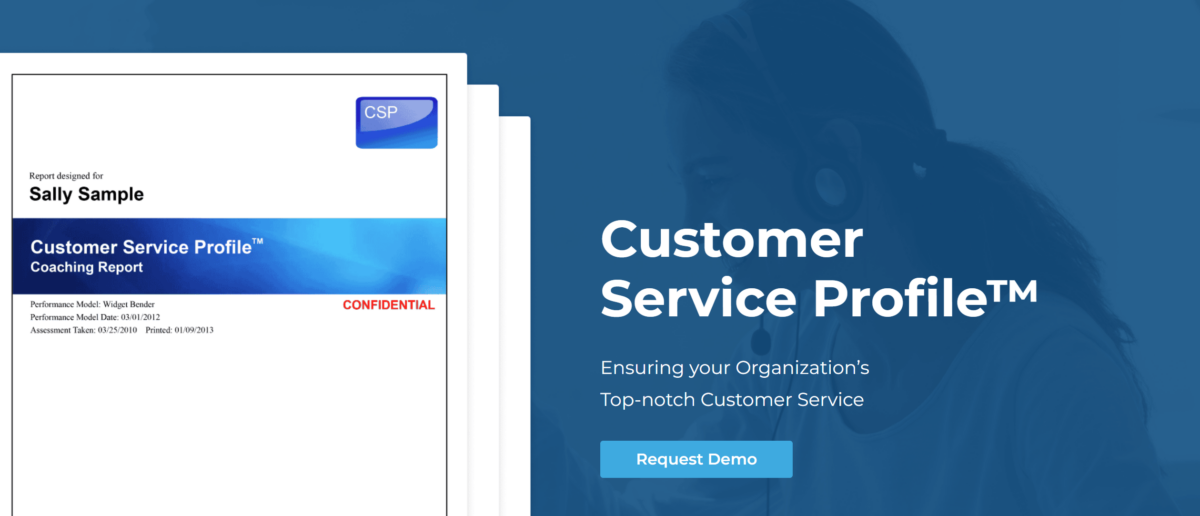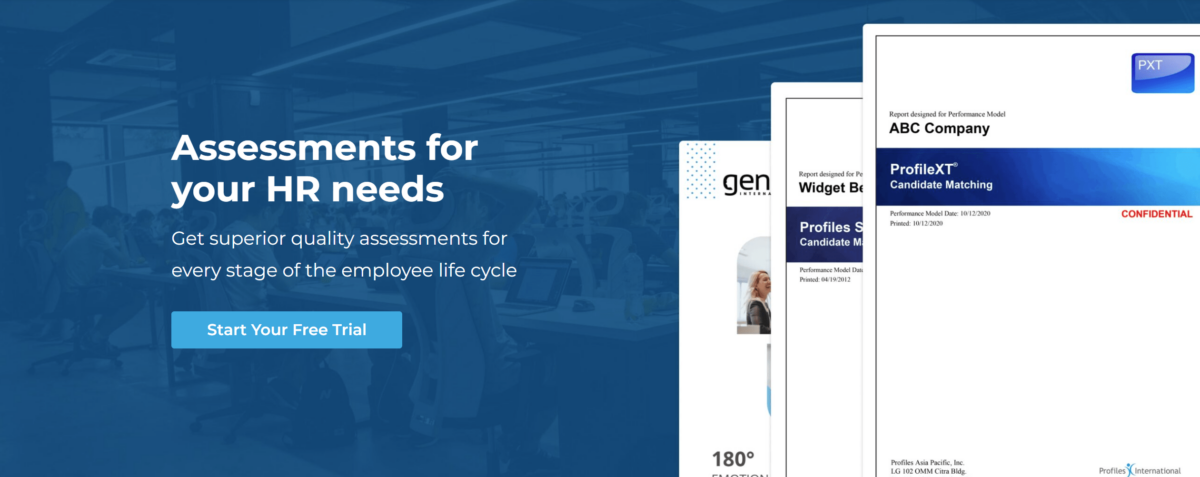The lifetime value of a loyal patron is much greater than that of numerous single purchases, as returning customers are seen to spend 67% more on average than new ones.
This is extremely beneficial, especially when business is rough, because faithful buyers are 6x more willing to forgive mistakes than your average client. It applies even more in today’s digital world, because a negative online review can cause 94% of consumers to avoid a business!
Thinking from a customer’s perspective, it’s clear that one bad experience is enough for them to decide whether your company is worth their time and money.
Outstanding service, however, addresses such an issue and lets you turn all sorts of buyers into loyal advocates. To help you deliver something similar, we’ll delve into its intricacies and share ways for you to ensure customer service success.
What is customer service?
To put it simply, customer service encompasses every interaction an individual has with your business.
It isn’t just about addressing a customer’s complaints, issues, or queries; it’s about creating a positive, lasting experience that enhances their satisfaction and compels them to return in the future. Basically, every touchpoint matters, from initial contact to after-sales support.
Benefits of good customer service
Delivering rewarding customer experiences, meanwhile, allows your business to enjoy the following advantages.
Better customer retention and brand loyalty
Promptly fulfilling the buyer’s concerns on a regular basis builds trust and encourages them to stick with your brand, despite what your competitors offer.
Around 83% of consumers in the United States (U.S.), in fact, view great customer service to be either an important or a critically important driver of brand loyalty.
More conversions and profits
Excellent service experiences can open doors for upselling and cross-selling opportunities, as existing customers are 60% to 70% more likely to convert when such instances arise.
Not to mention, even securing a small pool of devoted regulars can go a long way. In fact, achieving a 5% increase in retention can potentially result in a profit jump of over 25%!
Cost savings
Customer acquisition can become resource-intensive, as it may require extensive marketing and advertising efforts. Retaining an existing customer, meanwhile, is extremely cost-efficient in comparison, as attracting a new one can be 5x to 25x more expensive.
Positive word-of-mouth
Happy customers can become your organization’s advocates, spreading positive feedback that can attract new ones. 96% of those who are satisfied by their interactions with your business, in fact, are more likely to return and tell people about it!
Competitive advantage
Today’s customers have high standards and demand the utmost convenience, as approximately half of them would switch to a competitor after a single bad experience. This figure, meanwhile, balloons to 80% after more than one!
Based on these statistics, it’s safe to say that superior customer service clearly differentiates your organization in any market.
6 Keys to great customer service
The responsibility of accommodating your patrons’ needs falls upon frontline staff, and it takes high-quality ones to ensure that they leave truly satisfied.
In an effort to help organizations deliver top-notch service, PXT Select (formerly known as Profiles International), the affiliate of Profiles Asia Pacific, has researched ways to ensure employee fit in customer-facing roles.

Its efforts led to the creation of our Customer Service Profile™, a tool that assesses core personality traits and skill sets, then generates reports that indicate an individual’s probability of succeeding in a client-oriented position.
Six behaviors that frontliners must possess were also identified, all of which are necessary to make the biggest impact in your company, and we’ll tackle them next:
Trust
Trusting individuals believe that others’ motives are genuine, and this characteristic lets your personnel quickly build rapport with customers.
Find a balance that works for your business. Untrusting and unhelpful workers are a no-no, but you don’t want naive ones either.
Trust acts as the foundation of any lasting relationship as well, built through consistency, reliability, and honesty. Once consumers have faith in your company, they’ll feel more confident in their purchase decisions.
Tact
Tact involves handling sensitive situations with care and diplomacy, and how something is said can be just as important as what. If customers make mistakes or don’t understand something, your employees should be extra patient and make them feel at ease.
In more tense interactions, where people show great displeasure, tact is essential for de- escalating the situation and ensuring they feel heard and respected.
Empathy
People should feel that someone cares about their experiences, and empathy is the core emotional intelligence (EI) skill that allows your employees to place themselves in the customers’ shoes. It’s even critical for creating connections and providing personalized services.
Even if there’s no way your personnel can resolve an issue, it’s vital that they demonstrate an understanding of its importance to the individual and still try their best to alleviate any concerns—consistent, open, and honest communication can help with this.
Conformity
Conformity in service means aligning with your customers’ expectations, standards and needs, then always delivering experiences that meet or exceed them. This involves identifying their objectives first, then ensuring your personnel are in line with them.
However, the optimal degree of conformity depends on your business:
- For example, a luxury hotel must have low-conformity frontliners that can make snappy, inventive decisions.
- Meanwhile, for a company that follows stringent health and safety guidelines, having more conformed staff is best.
Focus
Customer service requires relentless focus, as employees must be constantly attentive to an individual’s needs. With undivided attention being imperative to solving problems effectively and efficiently, they must be present throughout every interaction.
Nonetheless, your frontline staff should also be able to identify when a consumer doesn’t require all the information they’re capable of providing, then offer only what’s necessary for reaching a resolution.
Flexibility
Flexibility refers to the ability to adapt to varying situations and customer needs—an aspect that’s vital for resolving unique issues that require custom solutions. Companies that provide the best service hire workers with this attribute, as they think in terms of the consumer as well.
However, highly flexible people can get bored of routine decisions, while inflexible ones may prefer a more established regimen over being exposed to open-ended, yet important, questions.
Due to this, it’s crucial that your organization pinpoint the types of people it needs, then match them with the appropriate customer-facing roles.
Best practices for stellar customer service
The above characteristics are essential for client-focused employees, but how can they be applied or enforced? To help you develop personnel that can leave customers satisfied time and again, here are some useful tips.
Maximize employee onboarding
When dealing with new frontliners, your employee onboarding program will establish the foundation of their work.
Design a robust process that fully prepares them for various customers – some may encounter angry ones for instance – and situations. Make sure they have access to coaching and mentoring, as well as actionable feedback from superiors.
Regularly train your team
Equipping your team with the latest competencies ensures that they effectively handle customer interactions on a consistent basis. To achieve such an outcome, regular upskilling and reskilling is paramount.
Promote active listening
Understanding the customer’s needs is the first step to solving their problems, so encourage your team to listen more than they speak.
Active listening, for instance, is an EI skill that’s extremely useful in this regard, but it can be difficult to acquire. Numerous online courses explore it deeply, but the primary aspect your employees must remember is to pay attention and only answer when the speaker is finished.
Utilize technology to personalize experiences
CRM systems and chatbots can streamline interactions by automating processes and responses, but it’s only helpful for standard, everyday concerns.
For complex issues that require a more human touch, leverage the data such technologies provide to tailor your customers’ experiences. 65% of them expect organizations to adapt to their changing needs and preferences, so make this a priority.
Be careful with how you use this data, however, as 79% of consumers are increasingly protective of their personal information.
Empower employees
Customers dislike their time being wasted, as 29% of them see waiting for more than two minutes as too long.
To reduce their wait times, give your team the authority to make decisions and solve problems on the spot. This shouldn’t be an issue, especially if your client-oriented employees are regularly equipped with the latest skills.
Ask for feedback
One of the best ways to improve your organization’s service is to gather insights from the customers themselves, as they’re the ones personally interacting with your business.
To do so, regularly solicit their feedback. Use it to identify areas of improvement and show consumers that their opinions matter.
Ensure employee well-being
Client-facing roles can be emotionally, mentally, and physically draining, as supported by the existence of customer service burnout. Personnel experiencing such a thing, meanwhile, can’t be expected to effectively meet the consumers’ needs.
To guarantee frontliners are able to consistently leave customers happy after each interaction, make work-life balance a key component of your culture. Allow them to take breaks and be independent. Provide resources for mental and physical wellness as well.
Periodically assess customer-facing employees
Properly serving customers and consistently providing pleasing experiences requires a certain level of proficiency and a specific set of behaviors. To ensure your frontline staff are capable of accomplishing such tasks, regularly evaluate their skills and competencies.
By doing so, you gain a clearer picture of what’s necessary for their improvement, whether it be coaching and mentoring or a more structured training regimen.
Wrapping up—Great customer service drives business success, but it requires specific attributes
Stellar service secures your customers’ loyalty, and allows your company to thrive. Your frontliners, however, must possess key characteristics that let them provide outstanding experiences every single time.
By assessing their current capabilities, then further equipping them with valuable skills, your organization can significantly enhance its customer service quality. From there, you can watch employees build lasting client relationships and drive your business’s long-term success.

If you want to utilize our Customer Service Profile™ to identify and develop top customer-service talents, simply get in touch. We offer a wide array of other assessments and HR solutions as well!
Published: March 12, 2013
Updated: May 23, 2024




